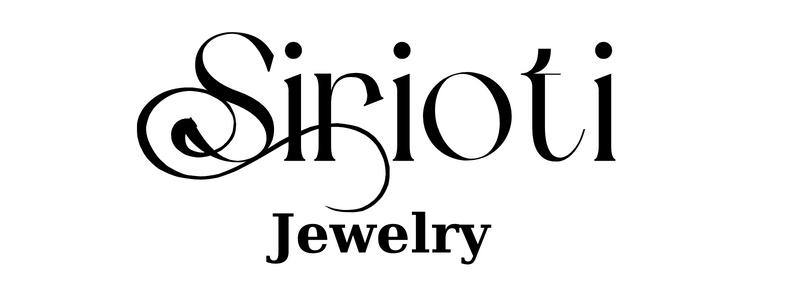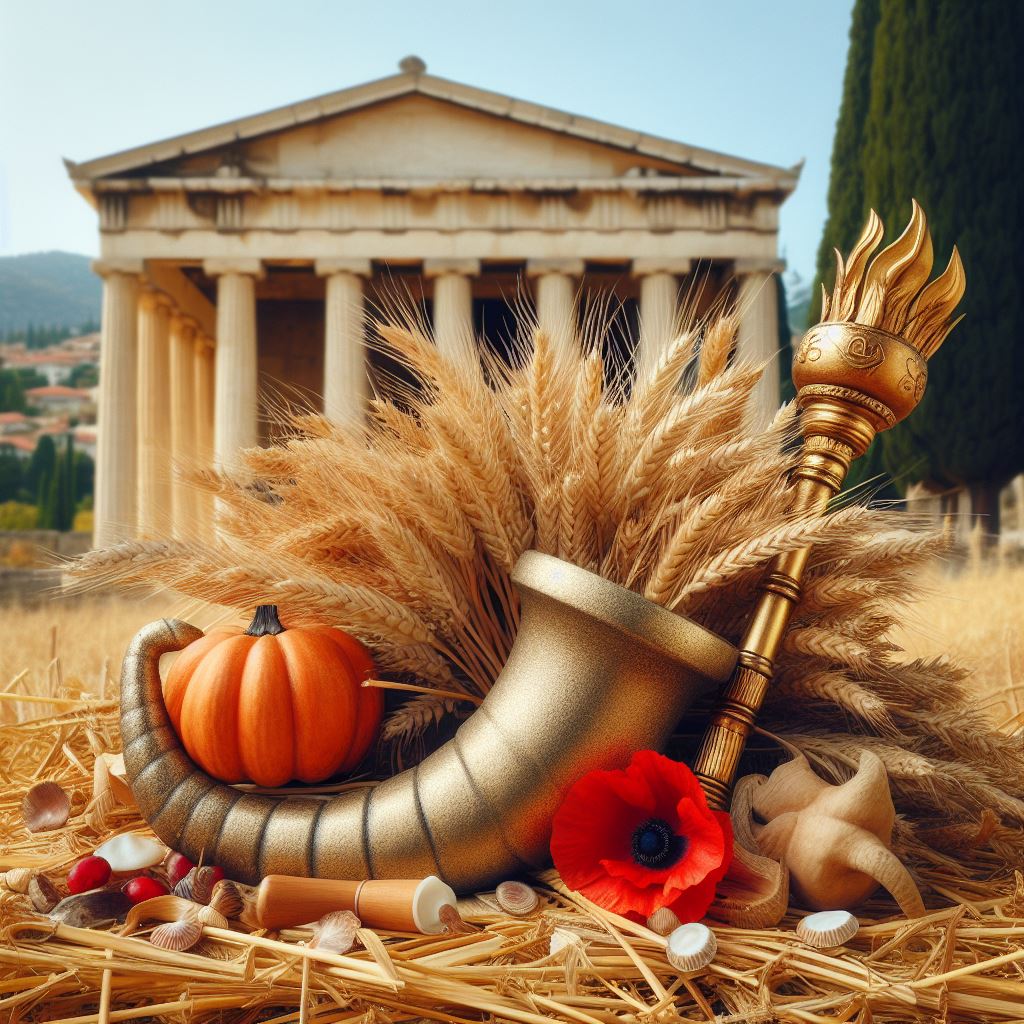Introduction:
In the vibrant tapestry of Greek mythology, few deities embody the essence of life and nature as profoundly as Demeter, the revered goddess of harvest and fertility. Through her mythological journey, Demeter's influence extends far beyond the boundaries of ancient Greece, symbolizing the eternal cycle of growth, abundance, and renewal. Let us delve deeper into the captivating tale of Demeter, exploring her origins, powers, symbols, family ties, and intriguing facts that illuminate her timeless significance.
Sections:
Origin
Demeter, often hailed as the goddess of agriculture, fertility, and the harvest, is a prominent figure in Greek mythology. She is believed to be the daughter of Cronus and Rhea, making her one of the Olympian gods and goddesses. Her origin is deeply rooted in the ancient Greek pantheon, where she played a crucial role in the cycle of life and nature.
Name
The name "Demeter" originates from the Greek word "de," meaning "earth," and "meter," meaning "mother." Thus, Demeter is often interpreted as the "Mother Earth" goddess, reflecting her association with the fertility of the land and agricultural abundance.
Powers
Demeter's powers primarily revolve around agriculture, fertility, and the seasons. As the goddess of agriculture, she has the ability to bless or curse the earth's fertility, directly impacting the success of crops and harvests. Moreover, she holds sway over the changing seasons, particularly the transition from winter to spring, symbolizing the renewal of life and growth.
Symbols
Demeter is commonly depicted with symbols associated with agriculture and fertility, including:
- Wheat: Representing the staple crop of ancient Greece and symbolizing fertility and abundance.
- Cornucopia: Also known as the "horn of plenty," it symbolizes abundance and nourishment.
- Torch: Signifying her search for her abducted daughter Persephone and her role as a protective mother.
- Poppy: Reflecting her connection to the cycle of life and death, as poppies were associated with both fertility and mourning in ancient Greece.
Family
Demeter's familial connections are deeply intertwined with the Olympian gods and goddesses:
- Parents: Cronus (father) and Rhea (mother).
- Siblings: Zeus (brother), Hera (sister), Poseidon (brother), Hades (brother), and Hestia (sister).
- Daughter: Persephone, whose abduction by Hades sparked the mythological tale of the seasons.
Facts
- Demeter's grief over the abduction of her daughter Persephone led to her withholding her blessings from the earth, resulting in a barren winter—a mythological explanation for the changing seasons.
- The Eleusinian Mysteries, a secretive religious cult in ancient Greece, centered around Demeter and Persephone's myth and played a significant role in Greek religious life.
- Demeter was often worshipped alongside her daughter Persephone in festivals such as the Thesmophoria, celebrating fertility and the harvest.
Conclusion
Demeter's enduring presence in Greek mythology serves as a testament to the profound connection between humanity and the natural world. As the goddess of harvest and fertility, she embodies the cyclical rhythms of life, from the fertile soil of spring to the bountiful harvests of autumn. Through her myths, rituals, and symbols, Demeter continues to inspire reverence for the earth's abundance and the interconnectedness of all living beings. In honoring Demeter, we honor the eternal cycle of growth, renewal, and the enduring power of life itself.
Find out the rest of the Greek Gods and Goddesses! Click here

